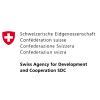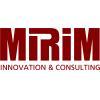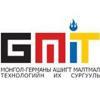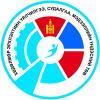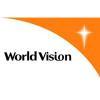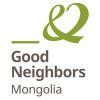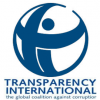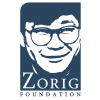.jpg)
The United Nations Children's Fund (UNICEF) Mongolia its partnership with the Government of Mongolia has been implementing Inclusive Basic Evaluation component in Education Programme between 2012-2016 and 2017-2021. In 2013/14-2016, UNICEF Mongolia has initiated promote inclusive basic education for children with disabilities which generated a tested inclusive education models in targetted Khuvsgul province and Nalaikh district. In order to expanding experience and practices to other three aimags and Bayanzurh district.
IRIM research institute in collaboration with PROMAN is implementing formative evaluation of this program. The evaluation will be conducted between February 7 and June 30, 2019. The main goal of the evaluation is to have an independent review of the results achieved and draw the lessons and recommendations to sharpen and improve the programme to facilitate achievement of the universal quality education for all the children in Mongolia. In addition, we are proposing following evaluation objectives:
- Review the results achieved by the Inclusive Basic Education component over the UNICEF’s country programmes 2013/14 – 2016 and 2016 – 2018;
- Examine UNICEF’s engagement in policy level activities for improving a policy environment for supporting inclusive education;
- Analyze UNICEF’s technical assistance and support for review and improvement of pre-service and in-service teacher training curricula;
- Assess UNICEF Mongolia’s inclusive basic education interventions implemented in its geographical focus areas; and
- Assess the complementarity of UNICEF’s interventions to the overall Mongolia’s agenda for universal education.
The evaluation methodology employs data collection in Country Programme focus areas such as Khuvsgul, Bayankhongor, Gobi-Altai and Zavkhan provinces as well as Nalaikh and Bayanzurh districts of Ulaanbaatar. During the data collection, project team organized several interviews with implementing agencies, organizations and individuals working on the Inclusive Education issues, and project implementers and beneficiaries such as school principle, managers, social workers, mainstream class teachers and teachers of the Child Development Center, parents and children with disabilities. Moreover, class and school observation were made for checking accessibility in promoting inclusive education in the school basis. Project data collection has continued 8 April to 3 May. We organized NGO Group Discussion with the aim to discuss current conditions, struggles from NGO perspective and suggestions to promote inclusive education in the reality on 2 May 2019. The project team has introduced data collection’s initial findings and received comments from the Reference Group Meetings.
Now, project team is working on the data analysis in the report development phases and final deliverables will be completed in end of June.
.png)

.png)
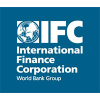
.png)
.png)
.jpg)


